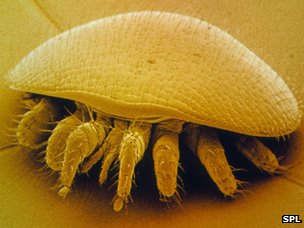Finman
Queen Bee
- Joined
- Nov 8, 2008
- Messages
- 27,887
- Reaction score
- 2,023
- Location
- Finland, Helsinki
- Hive Type
- Langstroth
.
Now, it is time to send to China order that they start to make Varroa T Shirts.
It takes perhaps 2 months that shirts are in London harbour.
and all kind of stuff, buttons, pants, candies

Now, it is time to send to China order that they start to make Varroa T Shirts.
It takes perhaps 2 months that shirts are in London harbour.
and all kind of stuff, buttons, pants, candies





